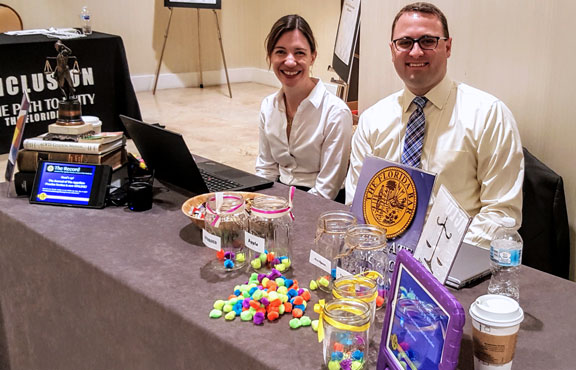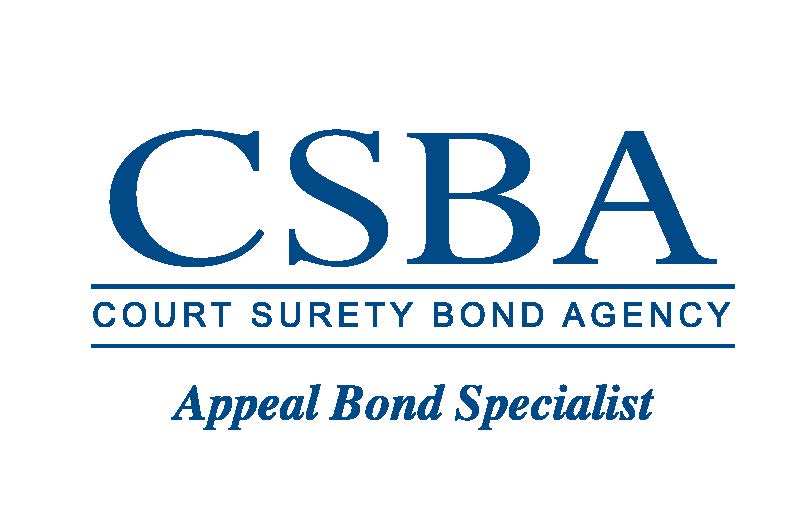By Amy Dilday
This month, the supreme court determined that a property’s homestead tax exemption may be apportioned according to the percentage of the property the owner actually used for his residence. See Furst v. Rebholz, No. SC2020-1479 (Fla. Apr. 6, 2023). A prisoner successfully challenged the denial of a motion to disqualify the judge presiding over his post-conviction proceedings based, in part, on the judge’s actions taken during the trial of the Marjory Stoneman Douglas High School shooter. See Tundidor v. State, No. SC2022-1732 (Fla. Apr. 13, 2023). And the supreme court clarified Florida Rule of Civil Procedure 1.530 to reflect that motions for rehearing are required to preserve objections to insufficient factual findings in any order (not just final judgments), but only when the court is required to make specific factual findings. The court continued to use the full year of publication in its case numbers, a numbering style that seems to have been picked up by the First District Court of Appeal as well.
Furst v. Rebholz, No. SC2020-1479 (Fla. Apr. 6, 2023). On the homestead tax exemption question posed in this case, the supreme court held “that the owner [of a residential structure] is not entitled to [the] exemption on the rented portion” of the structure, even if the owner uses the remaining portion as his residence. In Furst, the owner rented a room of his homestead property, which the property appraiser had classified as a “single family residence,” to a single renter for at least seven years. When the county property appraiser’s officer learned of the rental, it revoked the owner’s homestead exemption for 15% of the property and sought back taxes for the 10% annual assessment increases that should have been applied to the non-homestead portion of the property. The homeowner paid the tax lien and sued for a refund and reinstatement of homestead status to the entire property. The circuit court entered judgment in the owner’s favor, and a divided panel of the Second DCA affirmed. See Furst v. Reholz, 302 So. 3d 423 (Fla. 2d DCA 2020). Construing section 196.031, Florida Statutes, which implemented Florida’s constitutional homestead tax exemption, the supreme court reversed, finding, among other things, that residency for purposes of the homestead exemption “is a use-based requirement.” It reasoned that because the owner gave exclusive use of the rented room to his renter, that portion of the property did not qualify for the homestead exemption.
Gaskin v. State, No. SC2023-0415 (Fla. Apr. 6, 2023). In this opinion, the supreme court affirms the summary denial of a prisoner’s third successive postconviction motion, and denies his habeas petition, motion for stay of execution, and request for oral argument.
Wells v. State, No. SC2021-1001 (Fla. Apr. 13, 2023). In this opinion, detailing both the facts and its reasoning, the supreme court affirms a conviction of first-degree murder and death sentence.
Sanders v. State, No. SC2022-1408 (Fla. Apr. 13, 2023). The supreme court sanctions a pretrial detainee for his pattern of filing meritless pro se requests for relief through extraordinary writ petitions.
Tundidor v. State, No. SC2022-1732 (Fla. Apr. 13, 2023). In this case, a prisoner successfully challenged the trial court’s denial of his motion to disqualify the judge assigned to preside over his postconviction proceedings. The judge had also presided over the trial of Nikolas Cruz, the shooter at the Marjory Stoneman Douglas High School. The prosecutor, too, was involved in the Cruz case. During that case, there was widespread news coverage of the judge’s actions (such as engaging in heated discussions with the defense team and exchanging hugs with the victim’s families and the prosecution team after sentencing and while still in her judicial robes), which the prisoner alleged exhibited bias against the defense and defense counsel. Further, in an off-the-record status hearing in the prisoner’s case, the judge “sympathetically” asked the prosecutor how he was doing, and he responded with what the prisoner deemed as a reference to the disappointing outcome of the Cruz case. On these facts, the supreme court determined that the prisoner had alleged circumstances that would “create in a reasonably prudent person a well-founded fear of not receiving a fair and impartial proceeding,” quashed the order denying the prisoners motion, and directed the circuit court to reassign the case to another judge.
Barwick v. State, No. SC2023-0531 (Fla. Apr. 28, 2023). The court affirms the circuit court’s summary denial of a prisoner’s (whose execution was set for May 3, 2023) second successive motion for postconviction relief, and denial of his motion to stay the execution.
Rules Amendments:
In re: Amendments to the Fla. R. Juv. P., SC2022-0423 (Fla. Apr. 6, 2023). This opinion adopts amendments to Fla. R. Juv. P. 8.060 (Discovery), 8.104 (Testimony by CCTV or AV Communication), 8.245 (Discovery), and 8.255 (General Provisions for Hearings). Rule 8.060 is revised to adopt a more general telephonic statement provision modeled after Fla. R. Crim. P. 3.220(h)(8). It allows unsworn, telephonic statements to be taken upon stipulation of the parties and consent of the witness. In rules 8.104 and 8.245, the protections provided to children that currently exist through 16 years of age are increased to 18 years. Finally, the language of rules 8.245(i)(3)(C) and 8.255(d)(2)(C)(iii) is clarified “to maintain consistency with section 92.55(3), Florida Statutes.” These amendments become effective July 1, 2023.
In re: Amendments to Fla. R. Civ. P. 1.530 and Fla. Fam. L. R. P. 12.530,No. SC2022-0756 (Fla. Apr. 27, 2023). In August of last year, the supreme court amended Fla. R. Civ. P. 1.530 and Fla. Fam. L. R.P 12.530 to clarify that a motion for rehearing was required “to preserve an objection to insufficient trial court findings in a final judgment.” See In re: Amendments to Fla. R. Civ. P. 1.530 and Fla. Fam. L. R. P. 12.530,346 So. 3d 1161 (Fla. 2022). In this opinion, the court replaces the rules’ relatively new language, “sufficiency of a trial court’s findings in the final judgment,” with the language, “failure of the trial court to make required findings of fact.” This requirement now applies “to all orders, not just final judgments” and clarifies “that the rules apply only when a judgment is required to make specific findings of fact.” These amendments are effective immediately.
In re: Amendments to Fla. R. Traf. Ct., SC2022-1276 (Fla. Apr. 27, 2023). In this opinion, the court amends Rule 6.040(p) “to clarify that ‘open court’ proceedings may be ‘virtual or physical.’” Rule 6.130 is amended to requires multiple citations arising from “the same incident to be heard together unless there is a request for them to be heard separately.” Rule 6.455 addresses an “officer’s voluntary dismissal of a charging document,” and the amendment to Rule 6.490 enlarges the time for an official to “reduce a legal penalty from 60” to 180 days. This amendment becomes effective July 1, 2023.



